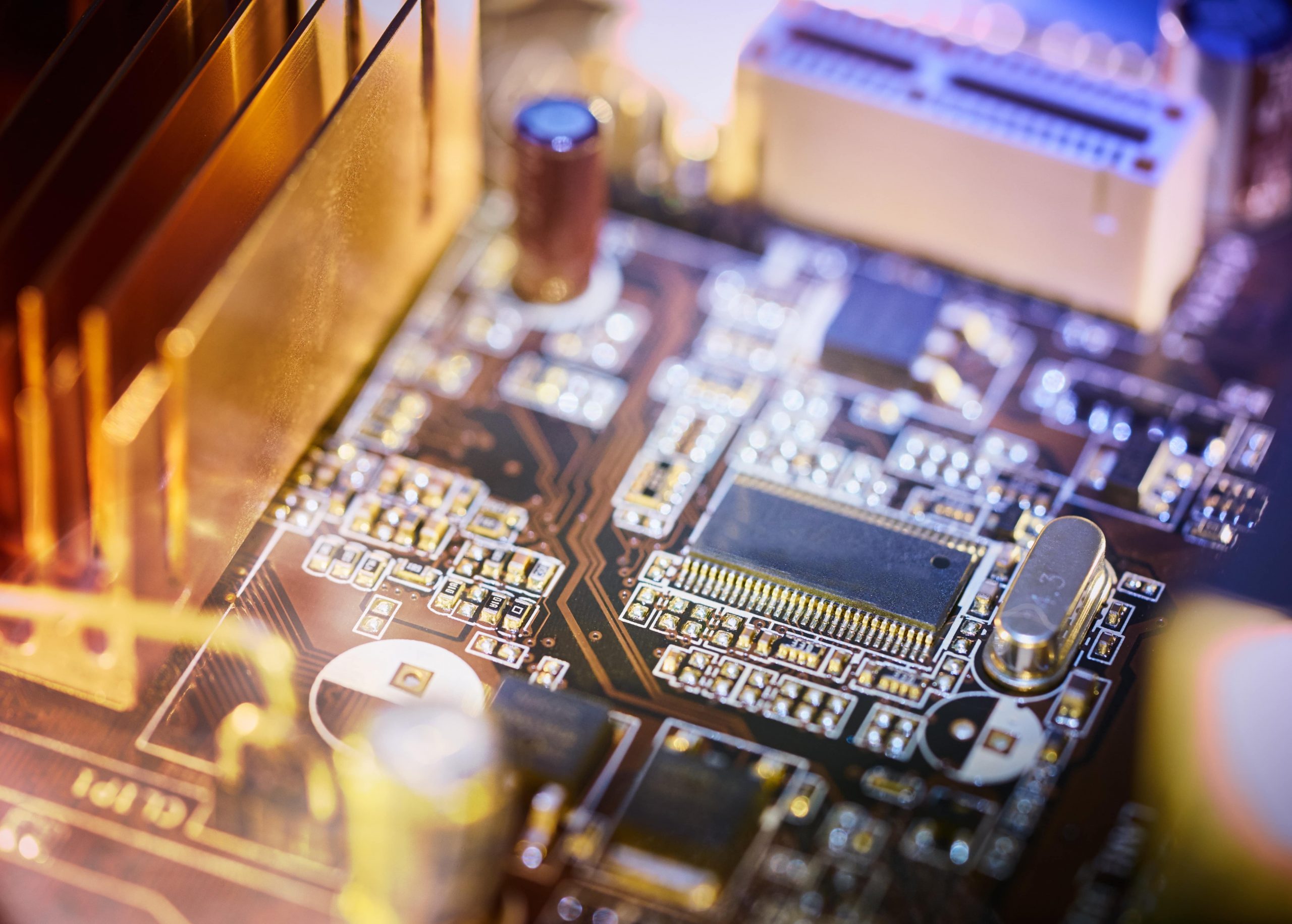As technology becomes more and more a part of our lives, it is important to think about the moral effects of what we do. Are we giving up our privacy for the sake of ease of use? Are our reliance on certain tools making social differences worse without meaning to? These inquiries highlight the need of considering morality of technology carefully and analyzes from a depth.
The aim of this work is to investigate these difficult moral issues by considering how technology affects many spheres of our life and society. Examining real-life events and discussing them from many angles helps us to better grasp the moral issues that technology generates and begin to identify means of responsible and ethical use of technology.
Ethical Questions Surrounding Technology
In the rapidly evolving world of technology, ethical questions are arising more frequently than ever before. As we enter 2023, we should consider the most significant moral concerns with technology and the concept of technology ethics.
Technology ethics is the study of the moral dilemmas arising from the production, application, or effects on individuals of technology. It means thinking about the moral and social norms that must guide our conduct as well as our use of technology. Among the most important moral issues people seek for answers are these ones:
- Face Recognition Technology: How should we strike the expected benefits of face recognition technology against privacy and safety issues?
- Autonomous Weapons Systems: What moral rules should be used to guide the creation and use of these systems? How can we make sure that these machines make good decisions?
- Environmental Sustainability: How can we encourage people to use technology in a way that is good for the earth and lessens the damage it does?
- Digital Divide: What are the moral issues that come up because of the digital divide? How can we make sure that everyone has equal access to technology and close the gap between those who have it and those who don’t?
- Making Ethical Decisions: How can we improve the way ethical decisions are made in the tech business and make sure that workers put people’s well-being and respect first?

Moral Principles And Ethical Implications Of Technology
The link between morality and technology creation is an important part of the moral ideals and social effects of technology. Google Glass, a portable computer with a camera and screen built in, is a great example of this. It has many benefits, like letting you access information and virtual reality experiences without using your hands. But it also raises ethics issues about privacy, spying, and social interaction.
It is very important to find a balance between not caring about morals and talking down to people who use technology. It is important to respect people’s freedom and choice, but it is also important to think about the possible outcomes and moral issues that come up when they use technology. Being morally neutral means letting people make their own choices about how to use technology in an ethical way. On the other hand, being rude means forcing your own moral standards on others.
Using the geometric method can help make moral concepts in technology more clear in terms of their reach and structure. This way of figuring out what technology means morally involves looking at how it affects many things, like people’s rights, the well-being of society, and the long-term health of the environment. We can better understand the complicated relationship between technology and morals and work toward developing and using technology in an ethical way if we look at it as a whole.
Benefits to Humans From New Technologies
Technological progress has made many things better for people and has changed how we live, work, and connect with the world around us. One of the best things about new tools is that they can make healthcare better. Medical breakthroughs and new ideas have led to the creation of treatments that save lives, better ways to care for patients, and better ways to diagnose illnesses. Technology has made healthcare easier to get to, faster, and better. For example, telemedicine platforms connect patients with doctors and nurses who work from afar, and AI is being used to diagnose diseases.
Also, improvements in technology have made our daily chores faster and easier. In many fields, automation and digitization have simplified processes, making them faster, more accurate, and less likely to make mistakes. Technology has made our lives easier by automating tasks like making things and controlling how much energy our homes use. This frees us up to do more important and satisfying things.
Technology has also made it easier for people to talk to each other and work together. People from all over the world can now connect with each other through the internet and social media, making it easier to talk to each other and learn about other cultures. Collaboration tools and digital platforms make it easy for people and businesses to work together, even if they are in different places. This link between things has created new opportunities for learning, knowing, and coming up with new ideas.
Some examples of technologies that have made life better are electronic health records, which make it easier to coordinate care for patients; smartphones and mobile apps, which let you get information and services right away; and cloud computing, which makes it easier to store data and work together.
The Consequences Of Technology In Society Today
Technology has had a lot of big and far-reaching effects on society today. Many parts of human life have changed because of technological progress, which has both good and bad effects.
In terms of businesses, technology has changed the way things are made, which has made them more efficient and productive. Automation and digitalization have streamlined operations in sectors such as manufacturing, healthcare, and transportation, resulting in faster and more accurate outcomes. Additionally, technology has created new job opportunities and expanded markets, driving economic growth.
Communication has also been greatly affected by technology. The internet and social media platforms have connected people worldwide, enabling instant and constant communication. This has fostered cultural exchange, facilitated collaboration, and opened up new possibilities for innovation and education.
However, the ethical implications and unintended consequences of technology cannot be ignored. Issues surrounding privacy and security have emerged with the widespread use of digital platforms and data collection. Social dynamics have changed, with concerns about cyberbullying, online harassment, and the impact of social media on mental health.
The digital divide has deepened, exacerbating existing inequalities. Access to technology and digital literacy have become crucial factors in education, employment, and social participation.

Conclusion
In conclusion, the ethics of technology is a complex and ongoing discussion that requires careful consideration and attention. It is clear that technology has immense power and influence in our lives, and as such, it is crucial to approach its development and use with a strong ethical framework.
Throughout this discussion, we have explored various ethical issues related to technology, such as privacy, security, inequality, and the impact on human relationships. We have seen the potential benefits and risks that technology brings, and the importance of balancing innovation with responsibility.




